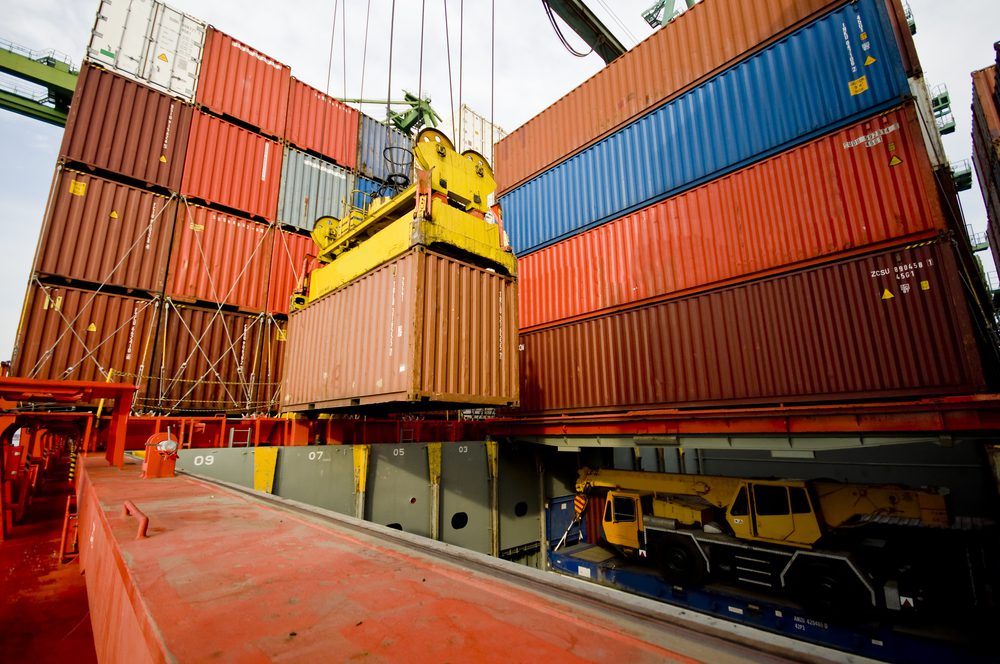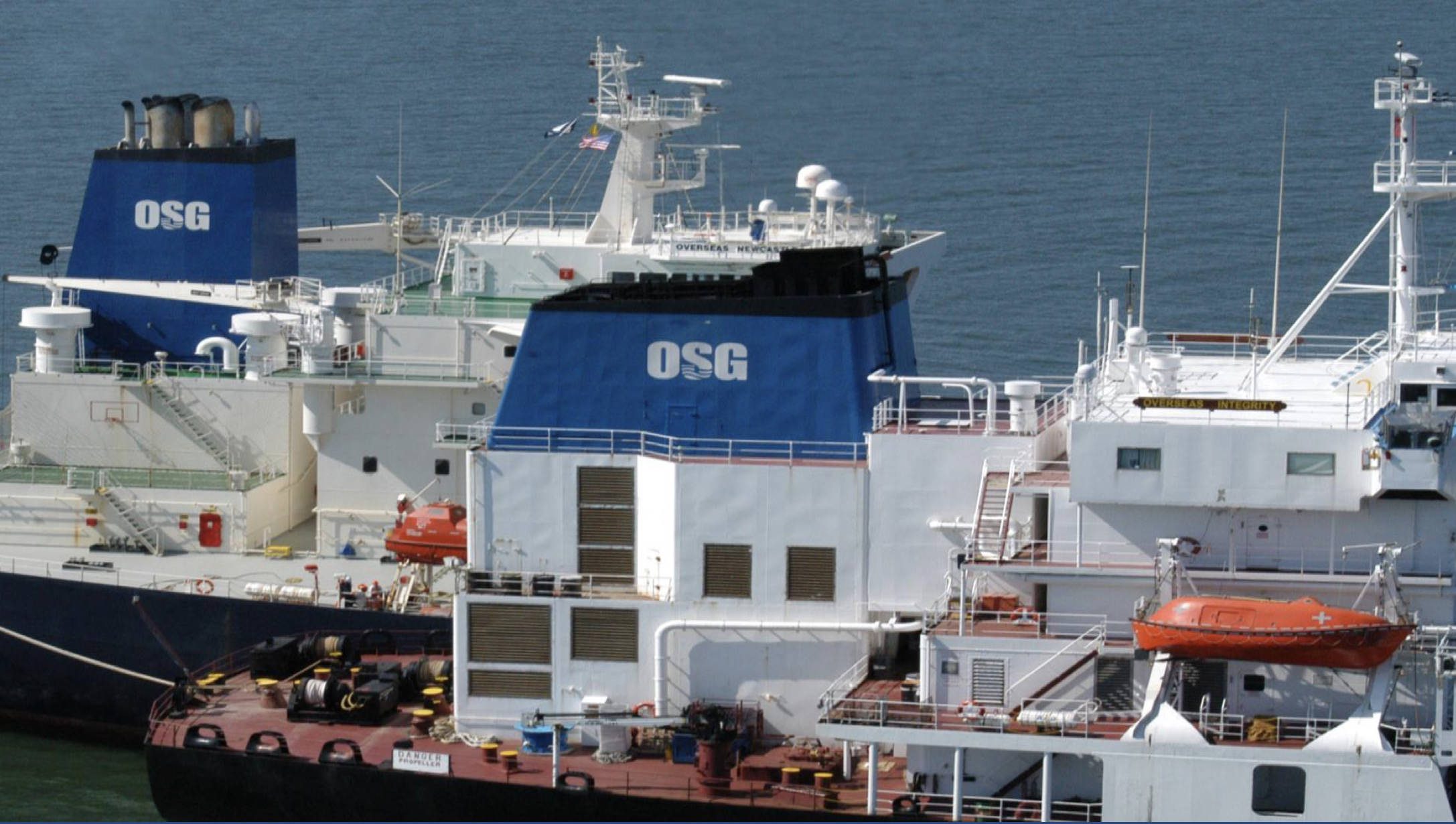donvictorio / Shutterstock
By Mike Wackett (The Loadstar) – There has been insufficient mainstream publicity on the IMO’s 2020 global emissions regulation for shipping, and a lack of transparency by container lines on their recovery strategies.
These are the worrying conclusions of a review by maritime consultant Alphaliner and a shipper survey by Drewry Supply Chain Advisors.
It has been estimated that the cost of compliance with the IMO’s 0.5% sulphur cap on fuel from 1 January 2020 could be a $15bn annual bill for the liner industry – each Asia to North Europe round trip costing carriers an extra $1m, for example.
Recent attempts by Maersk Line, MSC and CMA CGM to outline bunker surcharge policies have not gone down well with shippers who have claimed the proposals are unjustified and an excuse for hiking freight rates.
Both the 2M partners plan to bring the new surcharge mechanisms into effect on 1 January 2019, a year before the IMO regulations become law.
Taking Maersk’s proposals as an example, based on the current price of heavy fuel oil at $450 per ton, its BAF today would be $270 per teu.
Alphaliner said: “A longstanding criticism from shippers is that the carriers’ methods of calculating BAF remain non-transparent, lack uniformity and could involve an element of revenue generation, rather than serving only to recoup actual bunkers costs and help carriers cope with unexpected fuel price fluctuations.”
It added that current practices “have not helped in dispelling shippers’ concerns”, noting that Maersk’s existing bunker surcharge tariff “does not accurately reflect actual fuel costs”, a point the consultant said that had been conceded by the carrier.
Accepting that BAF calculations “will remain highly complex and individual carriers will have different approaches on how to calculate the surcharge”, Alphaliner said carriers should incorporate “all of the components” that affect their fuel costs to appease shipper concerns.
Some of the many questions that have arisen from the carriers’ BAF proposals include how savings from the use of scrubbers – enabling ships to continue to burn cheaper heavy fuel oil by onboard refining – on some vessels will be passed on to shippers, and how will trade balance changes be reflected?
And a survey of shippers, BCOs and freight forwarders by Drewry found that as well as a lack of transparency from carriers, there was “very poor awareness and understanding of the new regulations”.
Indeed, about one-third of the survey respondents admitted a lack of understanding of the forthcoming IMO emission regulations.
“The level of uncertainty today as to the total cost impact is so high that nobody is able to provide a confident forecast of the cost of compliance; the only certainty is that the extra cost will run into billions of dollars globally come 2020,” said Drewry.
Describing the IMO’s low-sulphur cap as a “very significant, industry-wide, change event”, Drewry’s Philip Damas added: “Given the scale of the extra costs triggered by the new regulation, and the carriers’ expectations that their pricing and fuel charge mechanism with customers must be restructured, there is a need for carriers to address the transparency concerns expressed by their customers.”
The Loadstar is fast becoming known at the highest levels of logistics and supply chain management as one of the best sources of influential analysis and commentary.
Check them out at TheLoadstar.co.uk, or find them on Facebook and Twitter.
Unlock Exclusive Insights Today!
Join the gCaptain Club for curated content, insider opinions, and vibrant community discussions.

 Join The Club
Join The Club







![A screengrab of a map showing an earthquake Mindanao, Philippines on Dec 2, 2023. (Image: US Geological Survey [USGS])](https://gcaptain.com/wp-content/uploads/2023/12/Screenshot-2023-12-02-at-10.45.17-AM-copy.png.webp)





